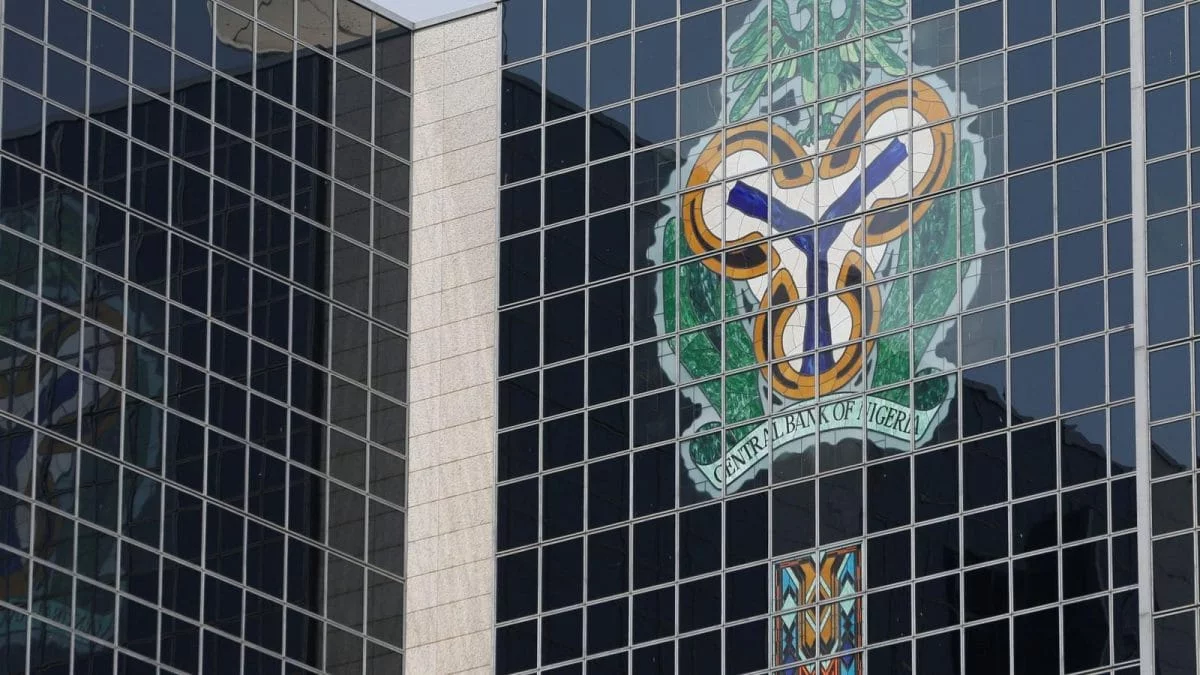Business
CBN opens portal for Nigerians to deposit old naira notes

The Central Bank of Nigeria (CBn) has officially launched a website where Nigerians can return old N500 and N1,000 notes.
This comes as President Muhammdu Buhari on Thursday, February 16, 2023 announced in a live broadcast that the old N500, and N1000 notes are no longer legal tender.
Buhari urged Nigerians to visit CBN branches nationwide to turn in their old banknotes because banks will no longer accept the notes.
Part of Buhari’s speech reads: “In line with Section 20(3) of the CBN Act 2007, all existing old N1000 and N500 notes remain redeemable at the CBN and designated points.”
A step-by-step guide to submitting old notes
When a Nigerian visits the CBN portal to register and submit old cash notes a user will be asked to click on new depositor or deposit tracking.
READ ALSO:CBN urges Nigerians to adopt eNaira as alternative to currency notes
The following information will be needed for new depositors: Customer BVN, Name, BVN Phone, and BVN Email Address.
Once the person has deposited the requested amount, the CBN will request the account number and account name.
Next to the email address and home address will be the depositor’s phone number.
Following this, the deposit amount—either N200, N500, or N1000—will be entered, followed by the deposit total.
CBN will then generate a reference code from the completed online application form.
After filling out the form, depositor can track the deposit using the BVN number and tracking reference.
Join the conversation
Support Ripples Nigeria, hold up solutions journalism
Balanced, fearless journalism driven by data comes at huge financial costs.
As a media platform, we hold leadership accountable and will not trade the right to press freedom and free speech for a piece of cake.
If you like what we do, and are ready to uphold solutions journalism, kindly donate to the Ripples Nigeria cause.
Your support would help to ensure that citizens and institutions continue to have free access to credible and reliable information for societal development.
























